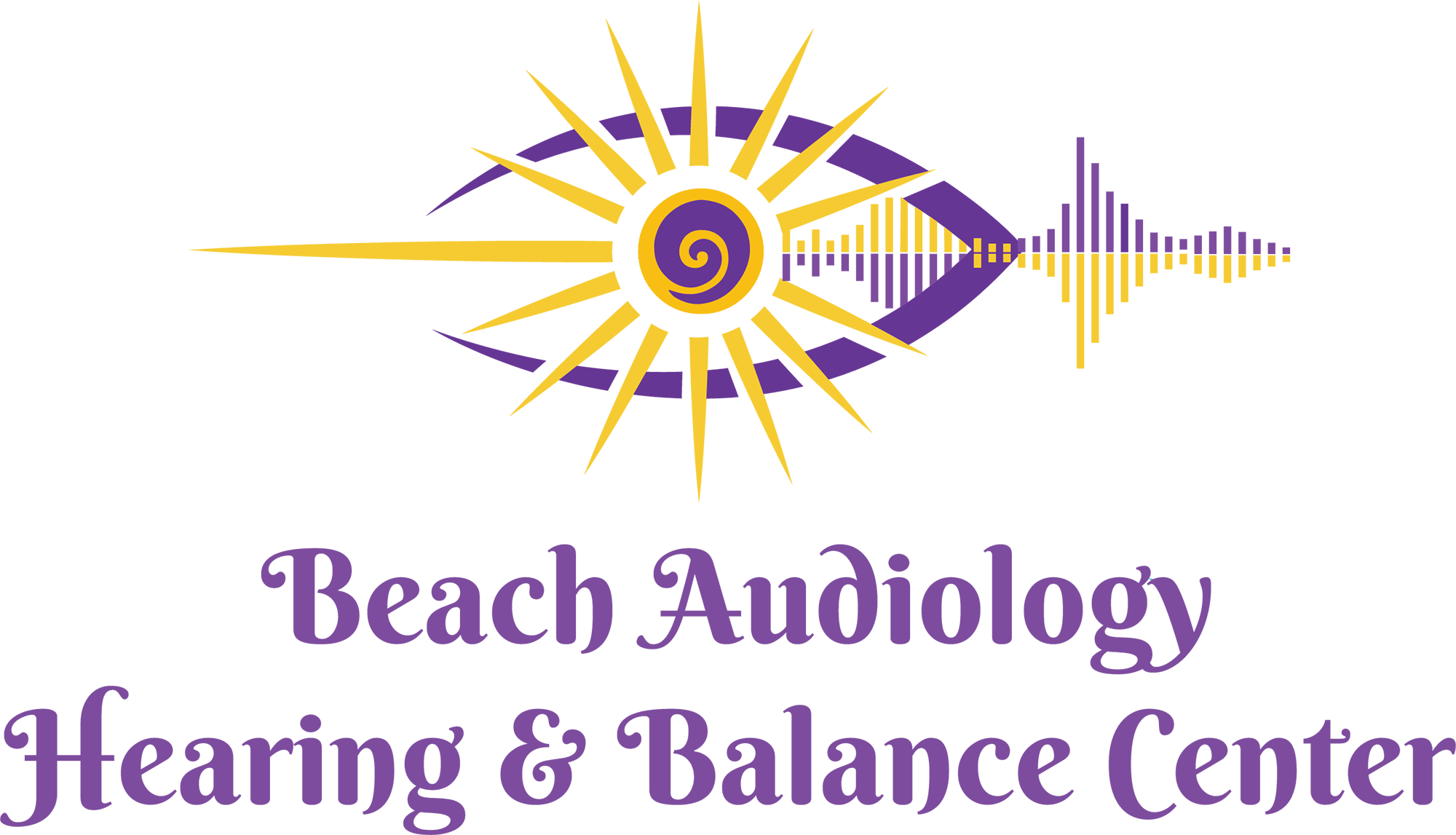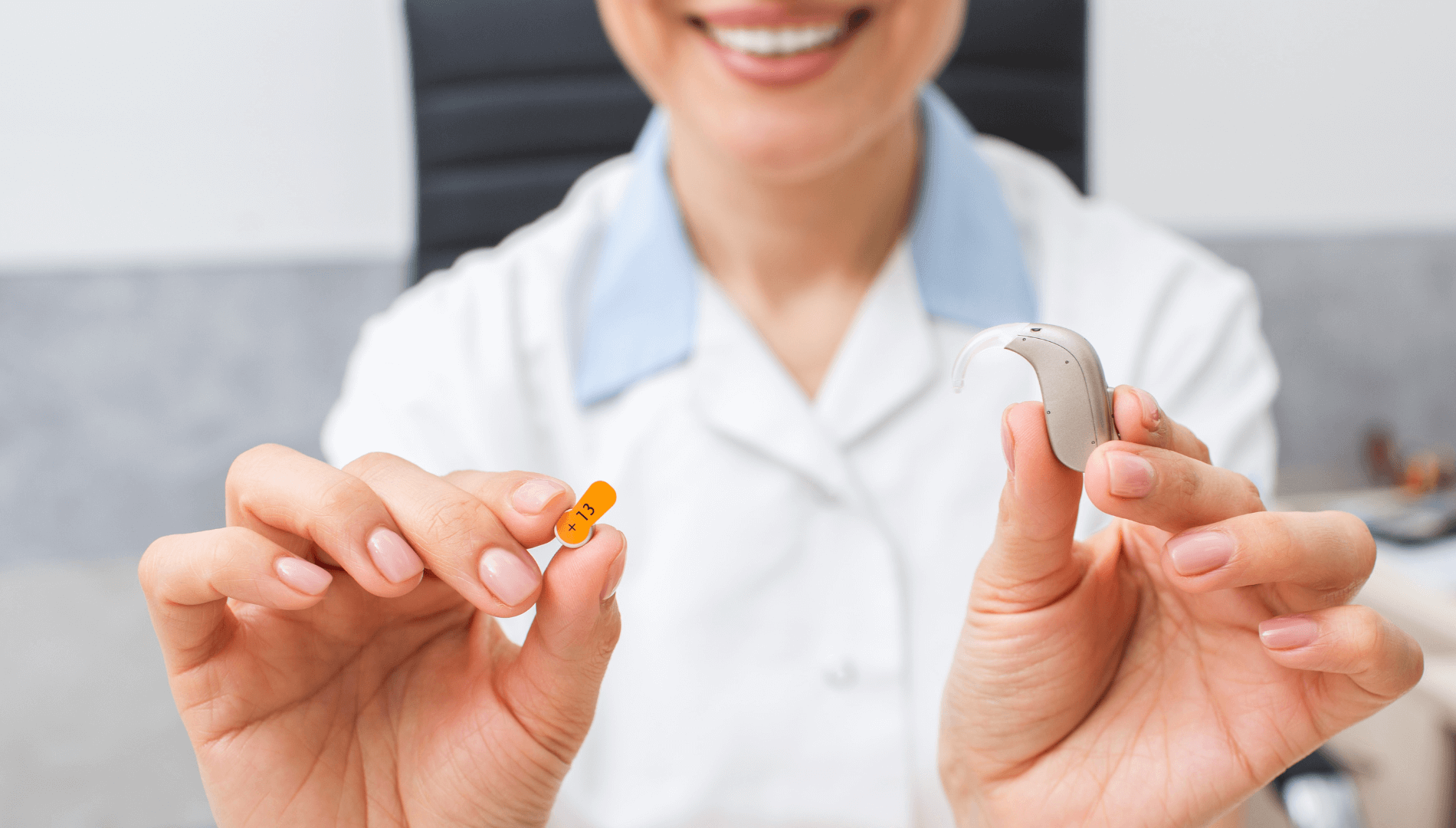Hearing aids are more than just devices; they are lifelines for those managing hearing loss, connecting them to loved ones and the sounds of daily life. While their advanced technology is impressive, their longevity and performance depend on more than the initial investment.
Choosing the Right Batteries for Reliable Performance
The type and quality of batteries directly affect the functionality of hearing aids. Zinc-air batteries, commonly used in most hearing aids, are known for their efficiency and long shelf life. However, not all batteries are created equal. Opting for high-quality batteries from reputable brands can ensure consistent power output, reducing the likelihood of device malfunctions.
Before purchasing, confirming compatibility with the hearing aid model is important. Improper battery size or type can lead to performance issues or even damage. Storing batteries in a cool, dry place and avoiding contact with moisture can also help maintain their integrity.
Proper Battery Care for Long-Lasting Devices
Taking simple precautions when handling batteries can go a long way in preserving both the batteries and the hearing aids. Allowing new zinc-air batteries to “breathe” for a minute after removing the tab activates them fully, ensuring maximum performance.
Turning off hearing aids when not in use conserves battery life and prevents unnecessary strain on the device. For those who rely on rechargeable hearing aids, following manufacturer guidelines for charging cycles and avoiding overcharging can help maintain battery efficiency over time.
Protective Accessories to Safeguard Hearing Aids
Accessories designed for hearing aids improve user convenience and protect the devices from damage. Hearing aid cases, for instance, are necessary for keeping devices safe when not in use. A sturdy, shock-absorbing case can shield against accidental drops or impacts.
Dehumidifiers are another valuable accessory, particularly for those living in humid climates. Moisture is one of the leading causes of hearing aid malfunctions, and using a dehumidifier can prevent corrosion and ensure internal components remain functional.
Cleaning Tools to Maintain Peak Performance
Regular cleaning is important for extending the life of hearing aids. Accessories such as cleaning brushes, wax guards, and vent cleaning tools help remove debris and earwax that can accumulate over time.
Wax guards, in particular, play a key role in protecting the delicate microphone and receiver components from blockages. Replacing these guards as recommended by the hearing aid manufacturer can prevent performance issues and reduce the need for costly repairs.
Regular Check-Ups and Hearing Health Exams
Even with the best batteries and accessories, hearing aids benefit from routine professional care. Regular check-ups and hearing health exams help identify any issues before they escalate. Hearing health professionals can clean the devices thoroughly, inspect them for wear and tear, and ensure they function optimally.

